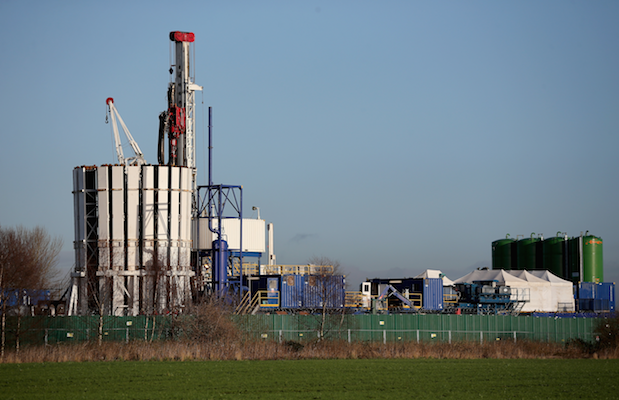EU could still put a stop to UK shale gas

Brussels could be on the verge of launching an investigation into the UK's plans to incentivise the drilling of shale gas.
In a Twitter conversation on 14 January, EU competition commissioner Joaquin Almunia, told a EurActiv reporter that investigations would take place if needed.
@ArthurNeslen If needed, they will be investigated indeed
— joaquin almunia (@AlmuniaJoaquin) January 14, 2014
Commissioner Alumnia's office later clarified the tweet, saying an inquiry would depend on whether government plans breached EU state aid rules.
The government's incentives would allow councils to keep 100 per cent of the business rates from shale gas companies and taxes on shale company profits would be halved
Some MEPs have already called for action to limit Britain's dash to gas. German MEP Jo Leinen, said:
The Commission is the guardian of European law and a rules-based functioning of our policy so I think that it should urgently analyse and intervene against this new subventing of fossil fuels.
However, a spokesman from the Department for Energy and Climate Change (DECC) hit back:
A 100 per cent business rate retention for shale gas operations does not affect the amount of money operators must pay, but means that local government retains this rather than passing it to central government.
Should the Commission launch an investigation and rule the government's incentives for shale gas in breach of state aid rules, it would be a major setback for a potential boom industry.
The British Geological Survey estimates there is enough domestic shale gas to supply Britain's power needs for next 40 years, with as much as 1,300 trillion cubic feet of shale gas lying beneath Lancashire's Bowland basin alone.
The new industry could provide much needed employment in the UK's economically deprived regions. A report from the Institute of Directors concluded that shale gas could create as many as 74,000 jobs, with investment peaking at £3.7bn a year.
Exploitation of domestic shale could also slash gas imports from 76 per cent to 37 per cent by 2030.
However, scepticism remains among some policymakers due to popular myths surrounding the extraction process of known as fracking.